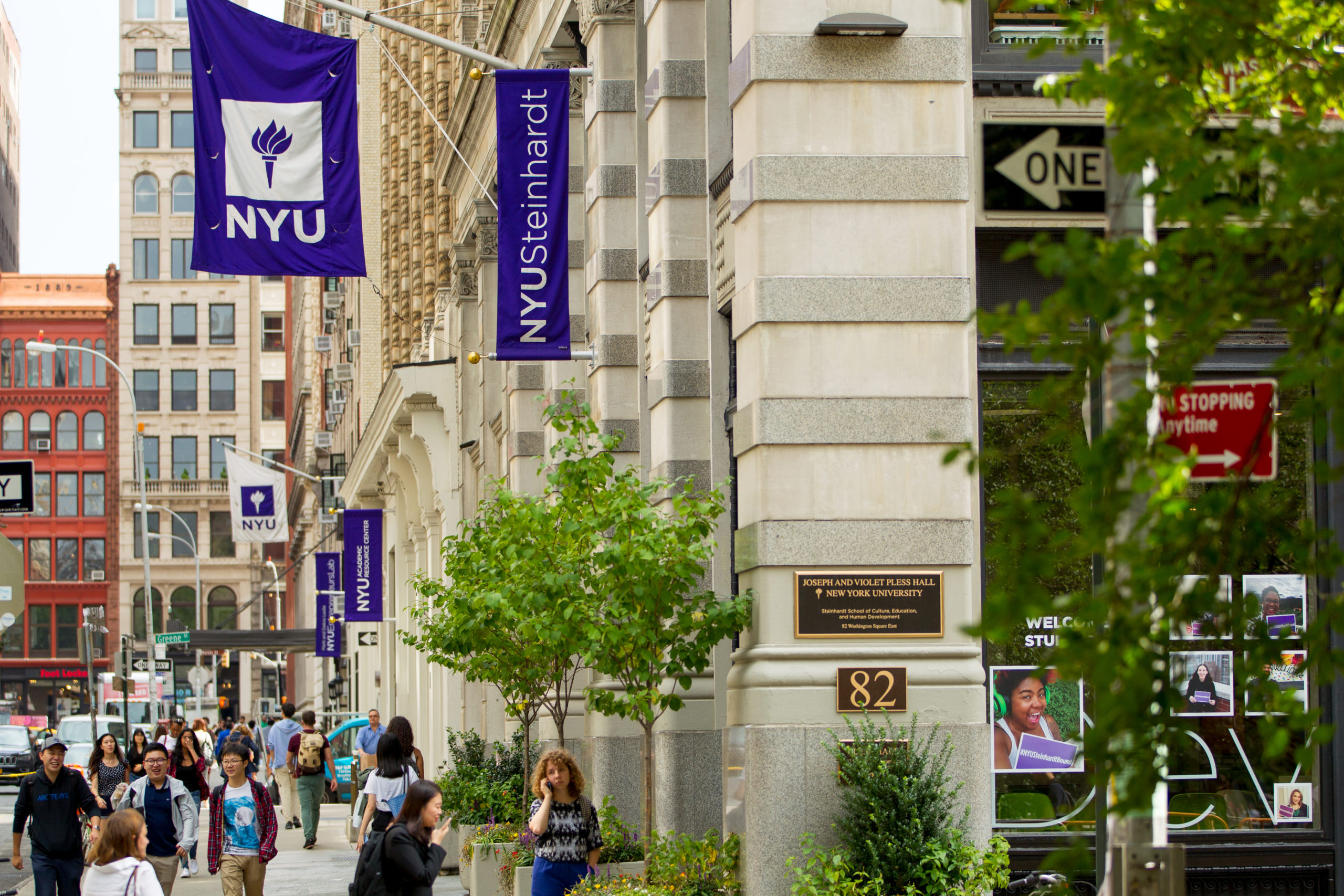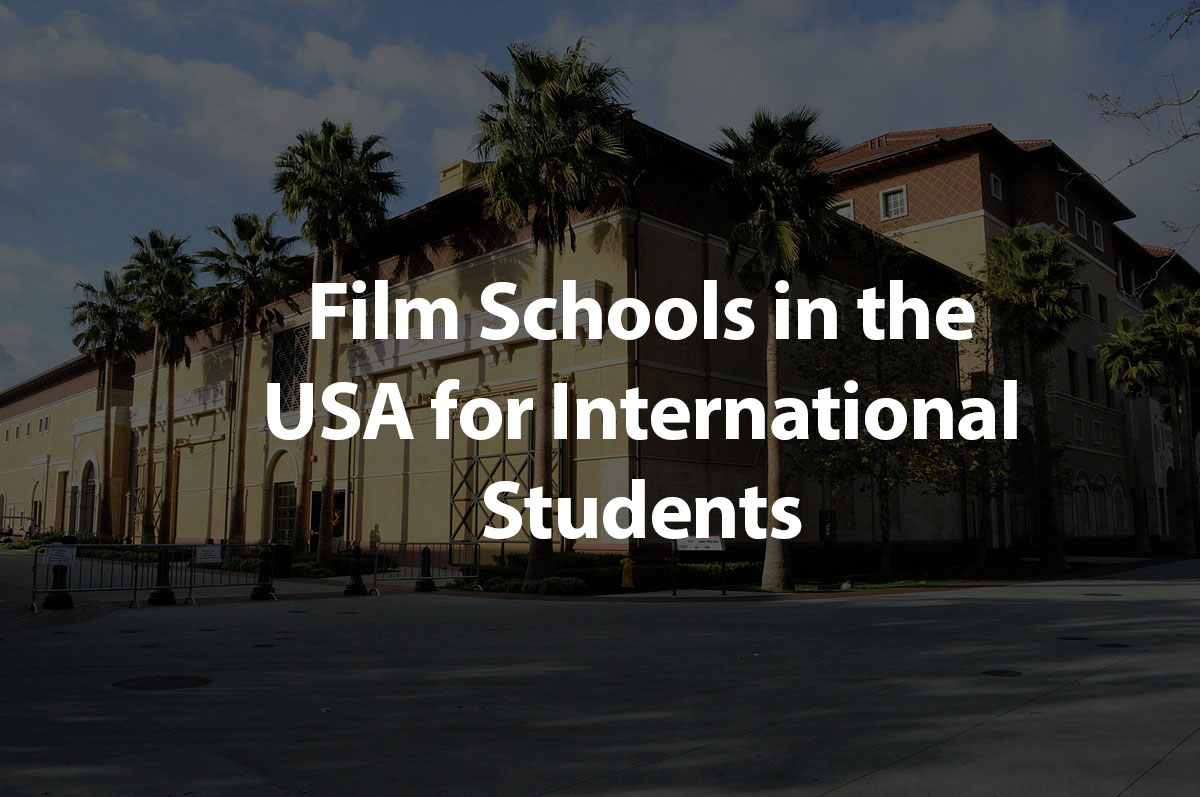Film Schools in the USA for International Students. If you are an international student who dreams of studying film in the USA, you might be wondering how to apply to film schools and what are the best options for you.
In this blog article, we will give you some tips and information on how to pursue your passion for filmmaking in the land of Hollywood.
Table of Contents
Why study film in the USA?
The USA is home to probably the most lofty and prestigious film schools on the planet, for example, the American Film Establishment, the College of Southern California, New York College, and Columbia College. These schools offer state of the art offices, experienced staff, and associations with the business. Concentrating on film in the USA will offer you the chance to gain from the best, network with experts, and exhibit your work to a worldwide crowd.
The USA is likewise a different and lively country with a wide range of societies, scenes, and sorts of filmmaking. You can investigate various styles and viewpoints of film, from free to blockbuster, from narrative to activity, from satire to frightfulness. You can likewise submerge yourself in the way of life and history of probably the most famous film areas on the planet, like Los Angeles, New York City, or Florida.
How to apply to film schools in the USA?
Applying to film schools in the USA can be a lengthy and competitive process. You will need to prepare several documents, transcripts, essays, test scores, and portfolios to demonstrate your academic and artistic abilities. You will also need to meet some additional requirements as an international student, such as obtaining a student visa and proving your English proficiency.
Here is steps you should follow to apply to film schools in the USA.
Do your research
Find out which film schools match your interests, goals, budget, and location preferences. You can use online resources such as SMAPSE or International Student to compare different programs and rankings. You can also visit the websites of the schools you are interested in and contact their admissions offices for more information.
Check the deadlines
Most film schools have application cutoff times among November and February for the fall semester, what begins in August or September. A few schools may likewise offer spring or summer confirmation, which have various cutoff times. Ensure you know when you really want to present your application materials and plan ahead appropriately.
Prepare your application materials. Depending on the school and program you are applying to, you will need to submit different types of documents, such as:
- Application form: This is where you provide your personal information, academic history, and program choice. You may also need to pay an application fee.
- Transcripts: These are official records of your grades and courses from your previous schools. You may need to have them translated and evaluated by a credential service if they are not in English or follow a different grading system.
- Test scores: These are standardized tests that measure your academic skills and knowledge. Some common tests for international students are:
- TOEFL or IELTS: These are tests that measure your English language proficiency. Most film schools require a minimum score of 80 on the TOEFL or 6.5 on the IELTS.
- SAT or ACT: These are tests that measure your verbal and mathematical reasoning skills. Some film schools may require or recommend these tests for undergraduate applicants.
- GRE: This is a test that measures your verbal, quantitative, and analytical writing skills. Some film schools may require this test for graduate applicants.
- Essays: These are written statements that express your personal background, goals, motivations, and achievements. Some common types of essays are:
- Personal statement: This is where you tell your story and explain why you want to study film in the USA.
- Statement of purpose: This is where you describe your specific interests, skills, and objectives for pursuing a film degree.
- Supplemental essays: These are additional essays that address specific questions or topics related to the school or program you are applying to.
- Portfolio: This is a collection of your creative work that showcases your talent and potential as a filmmaker. Depending on the school and program you are applying to, you may need to submit different types of work, such as:
- Film samples: These are short films or excerpts of longer films that demonstrate your technical and artistic abilities in directing, cinematography, editing, sound design, etc.
- Scripts: These are written documents that outline the story, characters, dialogue, and action of a film.
- Storyboards: These are visual representations of how a film scene will look like using drawings or images.
- Treatments: These are summaries of a film idea that include the genre, theme, plot, and characters.
- Resumes: These are documents that list your education, work experience, awards, and skills related to filmmaking.
Apply for a student visa
Once you have been accepted by a film school in the USA, you will need to apply for a student visa to enter and study in the country. The most common type of visa for international students is the F-1 visa. To apply for this visa, you will need to:
- Receive an I-20 form from the school that accepted you. This is a document that certifies that you have been admitted to a full-time study program and have sufficient financial resources to stay in the USA.
- Pay the SEVIS fee. This is a fee that supports the Student and Exchange Visitor Information System (SEVIS), which tracks and monitors international students in the USA.
- Complete the visa application form. This is where you provide your personal and academic information, as well as your travel plans and purpose of visit.
- Schedule an interview at the US embassy or consulate in your country. This is where you will present your visa application materials and answer some questions about your background and intentions.
- Wait for your visa approval. This may take from a few days to a few weeks, depending on the location and season.
How much does it cost to study film in the USA?
The cost of studying film in the USA varies depending on the school, program, and location you choose. Generally, film schools are more expensive than other types of schools, because they require more equipment, facilities, and faculty. According to College Board, the average tuition and fees for a public four-year college in the USA was $10,560 for in-state students and $27,020 for out-of-state students in 2020-2021. The average tuition and fees for a private four-year college was $37,650. These figures do not include other expenses such as books, supplies, transportation, health insurance, and living costs, which can add up to several thousand dollars per year.
How can I pay for my film education in the USA?
Paying for your film schooling in the USA can be testing, particularly as a worldwide understudy. Be that as it may, there are a few choices you can investigate to back your examinations, for example,
Grants:
These are awards or grants that needn’t bother with to be reimbursed and depend on scholarly legitimacy, monetary need, or different measures. A few grants are presented by the US government, for example, the Fulbright Program or the EducationUSA Opportunity Assets. A few grants are presented by the film schools themselves, for example, the USC School of Realistic Expressions Grants or the NYU Tisch School of Human expressions Grants. A few grants are presented by confidential associations or establishments, for example, the Institute of Film Expressions and Sciences Grants or the BAFTA Grants.
Credits:
These are acquired cash that should be reimbursed with revenue over the long run. A few credits are presented by the US government, for example, the Bureaucratic Direct Advance Program or the Administrative Perkins Advance Program. In any case, these credits are normally not accessible to worldwide understudies except if they have a US resident or super durable occupant as a co-underwriter. A few credits are presented by confidential loan specialists, like banks or credit associations. Nonetheless, these advances might have higher financing costs and stricter qualification prerequisites than government credits.
Work-study:
This is a program that permits you to work parttime on or off grounds while reading up in return for cash or educational cost decrease. Some work-concentrate on programs are presented by the US government, for example, the Bureaucratic Work-Study Program or the Unfamiliar Understudy Work Program. Some work-concentrate on programs are presented by the film schools themselves, for example, the UCLA School of Theater, Film and TV Work-Review Program or the Columbia College School of Human expressions Work-Review Program.
Some of the Best Film School in USA
American Film Institute (AFI) in Los Angeles is a conservatory that offers programs in directing, producing, cinematography, editing, writing, and animation. It is known for its hands-on approach to learning and its close ties to the Hollywood industry.

New York University (NYU) in New York City has two schools that offer film programs: the Tisch School of the Arts and the Gallatin School of Individualized Study. Tisch is known for its strong programs in directing, producing, and screenwriting, while Gallatin offers a more interdisciplinary approach to film studies.
University of Southern California (USC) in Los Angeles is another top film school with a strong reputation for its programs in directing, producing, and screenwriting. USC is also home to the renowned USC School of Cinematic Arts, which is one of the largest film schools in the country.
Chapman University in Orange, California is a private university with a strong film program. Chapman is known for its focus on production and its location in Southern California, which gives students access to the Hollywood industry.
California Institute of the Arts (CalArts) in Santa Clarita, California is a private arts school with a highly selective film program. CalArts is known for its experimental approach to film and its focus on visual storytelling.
Some other highly-ranked film schools in the USA
- Columbia University in New York City
- UCLA in Los Angeles
- Emerson College in Boston
- University of North Carolina School of the Arts in Winston-Salem, North Carolina
- University of Texas at Austin
- Columbia College Chicago
- Wesleyan University in Middletown, Connecticut
- Florida State University in Tallahassee, Florida






